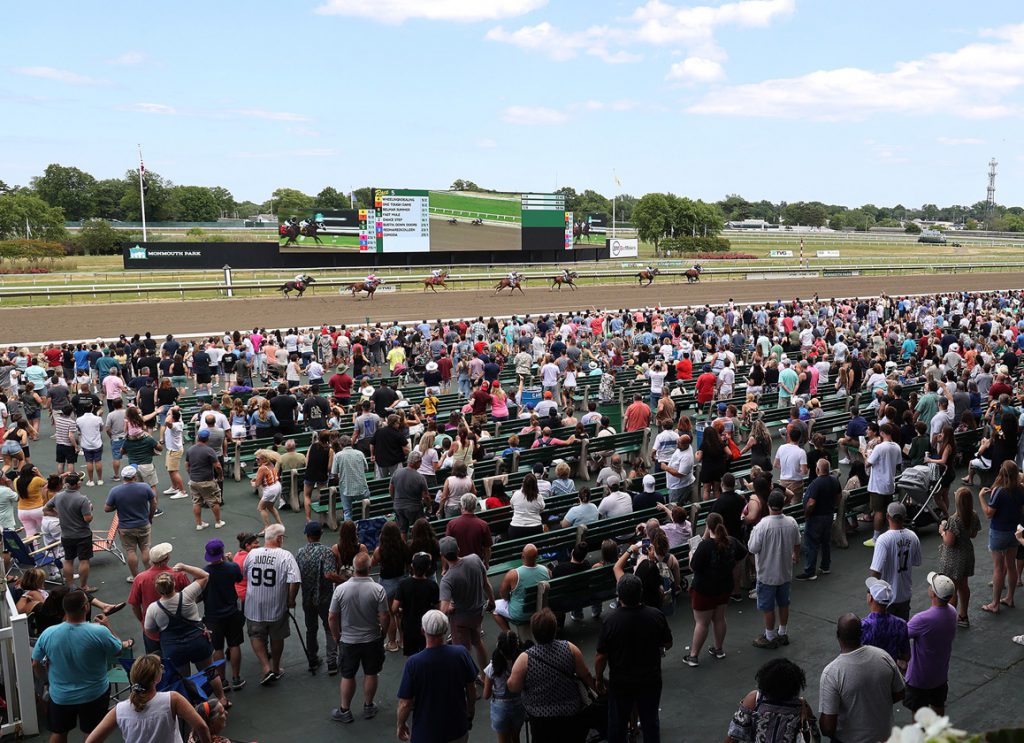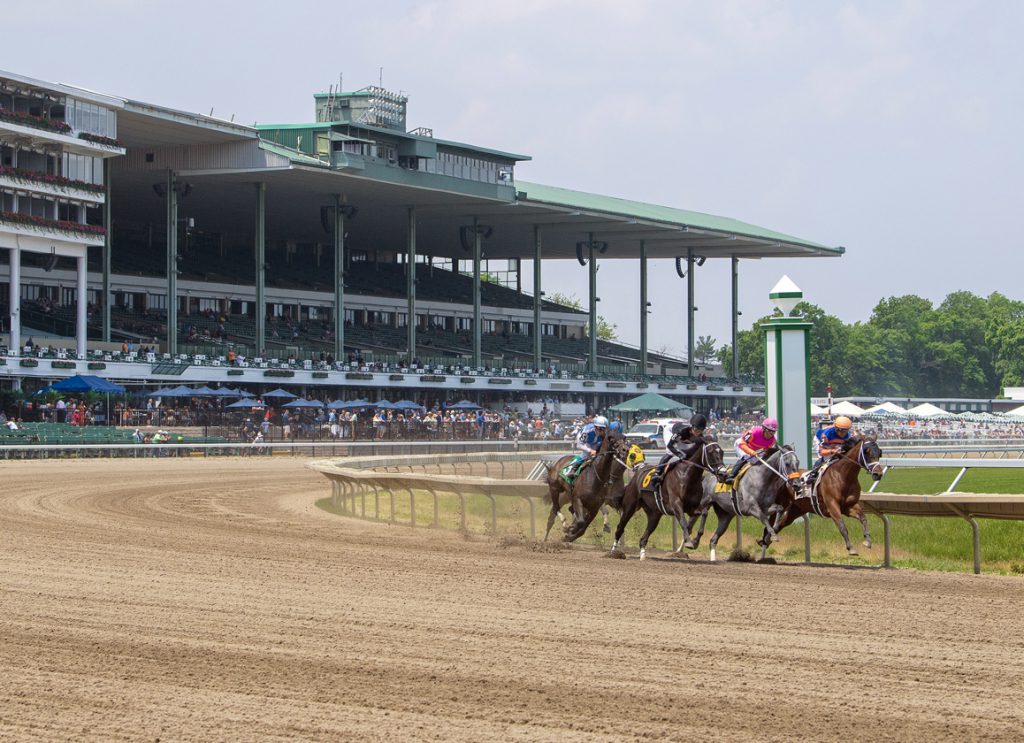When Jimmy Corrigan was informed after an Oct. 7 race at Belterra Park that his horse Stay Lost (Bernardini) had tested positive for the banned substance methamphetamine he was shocked. The native of Ireland had been training in the U.S. since 1992 and had never had a drug positive of any kind. He said he is careful who he hires and that he's sure that no one in his barn had ever touched the drug.
But, at least initially, these things don't matter under the rules of the Horseracing Integrity and Welfare Unit (HIWU). Corrigan's horse had tested positive and he would be held responsible. With the B sample having come back and also containing methamphetamine, his suspension has taken effect. He faces a suspension of up to two years.
“This has to stop now, not just for me, but for racing,” Corrigan said. “I'm not walking out on this. But things have to change. People are scared and what they have done is create a toxic environment for everyone. People come to me and say they are scared. Is that what they want, where everyone is paranoid? It used to be that when you lost races you worried. Now, when you win races you worry as well.”
Corrigan, 63, who never trained in Ireland, opened up his stable in 1992. He has 315 career winners, including 13 in 2023. His best year was in 2011 when he won 32 races. According to the Jockey Club's Thoroughbred Regulatory Rulings page, Corrigan has never had a positive test. There's nothing about him or his record to even remotely suggest that he cheats.
But that's not something that enters in the picture when a trainer gets a positive test from HIWU for a banned substance. Six trainers have been sanctioned by HIWU for methamphetamine positives, including one trainer, Dick Clark, who has three separate positives for the drug.
Corrigan believes these are all cases of environmental contamination. He said that at Belterra one of the bathrooms is filthy, a reason why some urinate in the stalls. On top of that, he said dozens of people might handle the horse between the time it gets to the track and when it runs.
“They want me to control that. I can't,” he said. “It's environmental contamination. That's what happened. I can't be responsible for what other people are doing. So many different people touch the horses by the time they get to the starting gate. It's ridiculous that this can be penned on anyone.
“We know we're being scrutinized under HISA,” he said. “We're like fish in a bowl. We're under a microscope. Why would anybody give a horse anything when they know they're going to be tested. There's no logic to this, no commonsense. They want you to be responsible for what other people may or may not be doing. That's impossible, they're ignoring science and what you've got is people who don't know what they're doing patting themselves on the back.”
For Corrigan, the next step is to have a hearing which he said will cost him $8,500. If he loses the hearing he can always take his case outside of racing and to a court, which will cost even more money.
“I am not quitting,” he said. “I love the game and have been at it a long, long time. I've got the greatest owners and greatest staff in the country. Nobody has it better than me. I love the game.”
In the meantime, since the suspension went into effect on Dec. 27, he has had to disperse his horses to other trainers. He hopes commonsense will prevail and HIWU will cut him a break. But he can't be sure.
“Yes, I am worried I will get the full two years,” he said. “But to do so they're going to have to ignore that in the 30 years I've been training I've never had a bad test. And 30 years later, I am going to start cheating? It's mind boggling.”
Asked to comment on the Corrigan suspension, Alexa Ravit, Director of Communications & Outreach of the Horseracing Integrity & Welfare Unit, provided the following statement:
“There were 10 reported methamphetamine findings (five positives from the same trainer, and two positives from Belterra) from 34,470 horses tested through October 7, the date of sample collection for Stay Lost. Therefore, the methamphetamine positivity rate was 0.029%.
When a trainer is notified that a Covered Horse under their care has tested positive for a human substance of abuse such as methamphetamine, the positive test will not be publicized, and a Provisional Suspension will not be imposed, unless/until the B Sample result confirms the A Sample finding. This rule was modified to give trainers time while the B Sample analysis was being completed to provide information to HIWU that indicates that the positive test result was likely due to unintended transfer or contamination.
Mr. Corrigan did not provide any information to HIWU while waiting for B Sample analysis. The ADMC Program's adjudication procedures for alleged Anti-Doping Rule Violations include the right to request a hearing before the Arbitral Body, and Mr. Corrigan has informed HIWU that he is exercising that right.”
HISA CEO Lisa Lazarus added, “HISA and HIWU have gone to tremendous efforts to make resources available to trainers to bring information to our attention if a horse tests positive. We made Alan Foreman available as an ombudsman, we launched a panel of free lawyers for trainers who can't afford representation, and our staff is always available to answer questions and liaise with horsemen. When Mr. Corrigan was notified of his positive test he was asked by HIWU to provide any information that would help in the evaluation of his case. He ignored the request and never answered HIWU or provided any information whatsoever. The first time we learned that he believed the positive test was caused by contamination was when we were asked to comment on the case by the TDN. It is very hard to help trainers if they do not communicate with us or use the resources available to them.”
The post Jimmy Corrigan Vows to Fight HIWU Suspension appeared first on TDN | Thoroughbred Daily News | Horse Racing News, Results and Video | Thoroughbred Breeding and Auctions.


